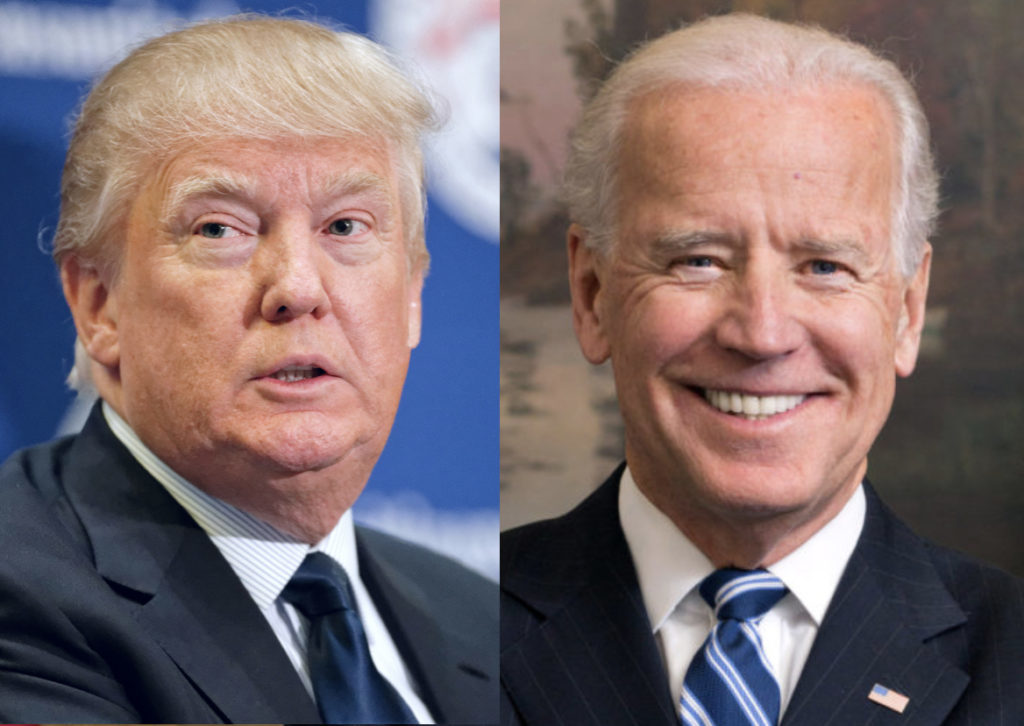President Biden just made Donald Trump’s life harder

President Joe Biden just took an action that helps clear the path towards Donald Trump’s accountability while reminding us that elections have consequences. One reason Trump was motivated to seek reelection was because it’s easier to avoid transparency and accountability for your actions if you’re still in office. Unfortunately for Trump, such protections expired on January 20, 2021, thanks to Biden’s inauguration.
The doctrine of executive privilege allows the President of the United States to assert the right to keep documents or information confidential under certain circumstances. However, it has been established that executive privilege is about the office, not the individual who happens to be holding it at any time. As such, executive privilege decisions are made by the current President.
In a court filing on Friday, the DOJ announced that “The Executive Office of the President will not assert the Presidential Communications Privilege, and Defendants will not assert the Deliberative Process Privilege, with respect to the authorized topics.” The topics relate to the now-combined lawsuits brought by former FBI officials Lisa Page and Mark Strzok against the DOJ for disclosing their private texts while Trump singled them out on Twitter in attacking the Mueller probe.
As Strzok pointed out in his lawsuit, the DOJ’s Office of Inspector General found no evidence that his work investigating Russian interference in the 2016 election was affected by political bias. After being removed from the probe and then fired in 2018, Strzok sued for reinstatement and back pay while Page, who resigned the same year, brought a separate lawsuit alleging DOJ violations of the Privacy Act.
Last month, Judge Amy Berman Jackson ordered Trump and FBI Director Christopher Wray to be deposed for two hours on certain topics related to these cases, giving President Biden until March 24 to decide whether to invoke executive privilege. In choosing not to invoke privilege, Biden is communicating his refusal to protect Trump at the expense of the truth, the judicial process, and the rule of law.
This episode echoes Biden’s swift rejection of Trump’s desire to assert executive privilege over documentation requests by the January 6th Committee in 2021. It reminds us that Biden is not extending courtesies to Trump that could shield his wrongdoing from the public. Now, as Trump awaits indictments from multiple jurisdictions, he must also prep for an unpleasant deposition with Strzok’s and Page’s attorneys. Accountability is coming for Trump.

Ron Leshnower is a lawyer and the author of several books, including President Trump’s Month
